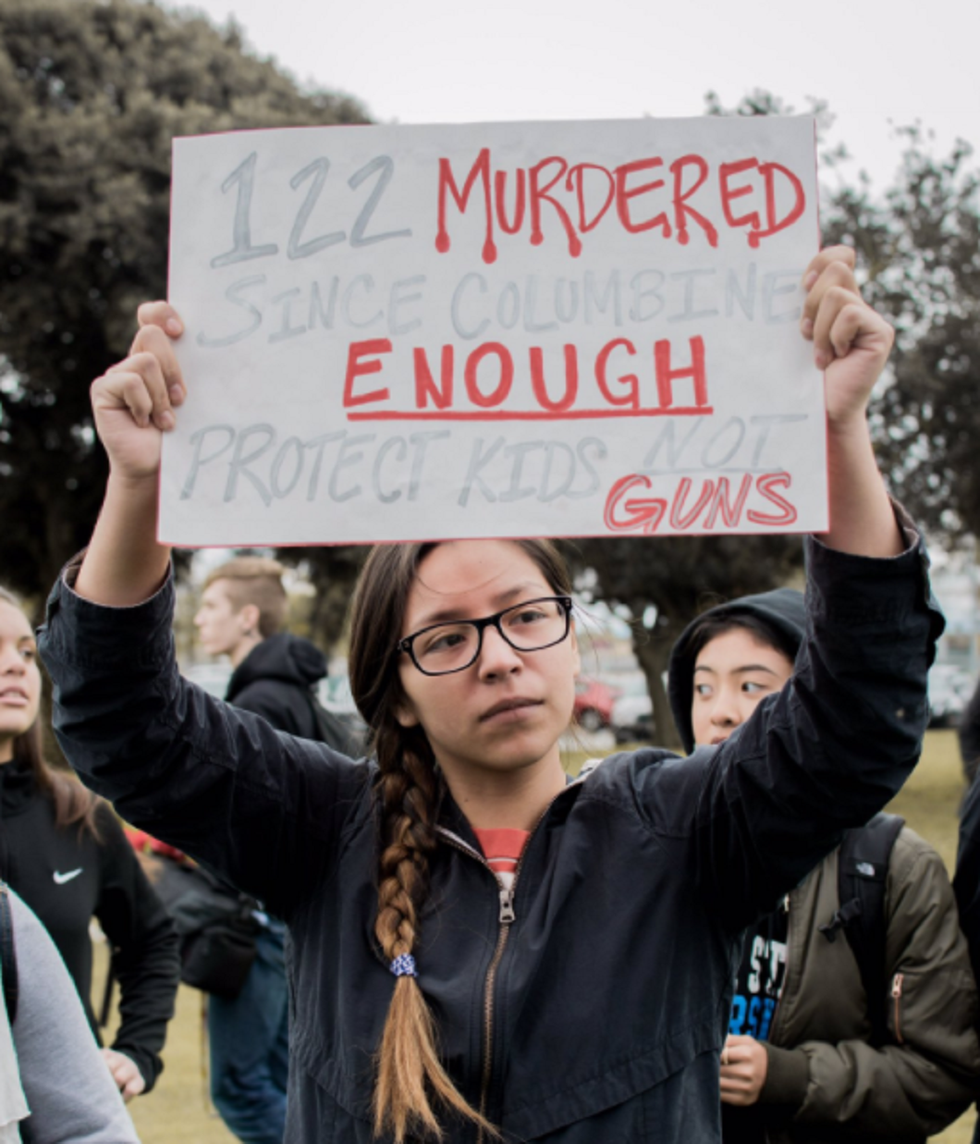Less than a week since the mass protest titled National Walkout Day, Great Mills High School in Maryland has endured what is the 17th shooting of 2018.
The shooting occurred on Tuesday, March 20th, leaving two students injured and the gunman dead. The suspected gunman was 17-year-old Austin Wyatt Rollins, who used a Glock 9-millimeter gun that was reportedly legally owned by his father. School resource officer Deputy First Class Blaine Gaskill is credited with having diffused the situation by firing back at Rollins, preventing further injury to the student population.
14-year-old Desmond Barnes was shot in the leg but was released from the hospital the day after the shooting, whereas 16-year-old Jaelynn Willey remained in critical condition. Current speculation suggests that Rollins and Willey were in a relationship that may be linked to his cause for attack.
The circumstances surrounding this shooting are especially sensitive in light of National Walkout Day, in which Great Mills students participated to advocate for heightened gun control regulations. Given this, the “thoughts and prayers” narrative that often follows school shootings has been largely strayed from. Within recent weeks, the backlash against politicians who rely on notions of “thoughts and prayers” as equivalent to genuine aid or reform has steadily increased.
Congressman Ted Lieu, for example, tweeted:
“My heart goes out to those affected by this shooting. The most important way to honor victims of school shootings is to do what we can to prevent future school shootings.”
Following a similar vein, Governor Andrew Cuomo- who engaged with a student lie-in just last week in a symbol of solidarity- tweeted:
“Today’s shooting at Great Mills High School in Maryland is another tragic and exasperating reminder of the enduring threat of gun violence. Thoughts and prayers are not enough. We need action.”
Though Governor Larry Hogan initially tweeted sharing his prayers, he followed with an official statement that reads:
“But prayers are not enough. Although our pain remains fresh and the facts remain uncertain, today’s horrible events should not be an excuse to pause our conversation about school safety. Instead, it must serve as a call to action.”
The influence of student activism is increasingly apparent; the conversation, given the politician response to the shooting, has changed. Political inaction is no longer tolerated. The fears of the students have been presented on an equal platform with the plans they have for change. The subsequent 'March for Our Lives' on March 24th signifies an active and ongoing effort to demand that children retain the safety that school systems are meant to guarantee.
Prayers are not enough, and the system must continue to wake up to it.

















